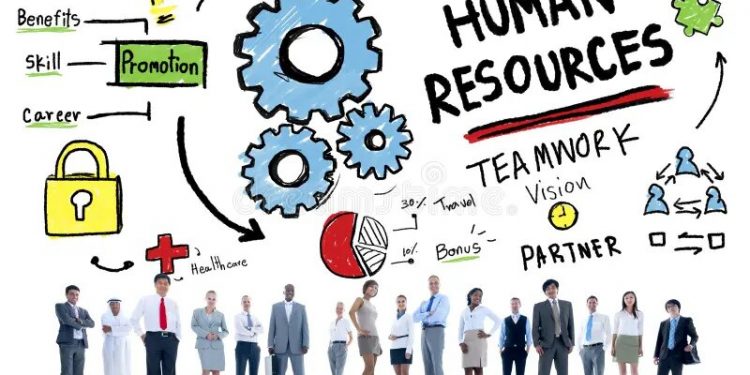African entrepreneurs often manage human resources (HR) in ways that reflect the unique cultural, economic, and social contexts of the continent. Their approach combines traditional practices, innovative strategies, and resourcefulness to address challenges and leverage opportunities.
A key feature is the emphasis on community and relationships. Many African entrepreneurs prioritize interpersonal connections, often hiring from their immediate networks, family, or community. This fosters trust and loyalty but can sometimes lead to challenges in maintaining professional boundaries or addressing underperformance.
Flexibility and adaptability are crucial. In regions with economic uncertainties or limited formal HR systems, entrepreneurs often adopt informal HR practices. They focus on multitasking and cross-functional roles, enabling their businesses to remain agile and cost-effective. Training and development may occur on the job, with an emphasis on practical skills rather than formal certifications.
Employee motivation is often enhanced through non-monetary incentives. Many entrepreneurs recognize the importance of cultural values, offering support such as flexible working hours for family obligations, communal activities, or opportunities for personal growth. These initiatives build a sense of belonging and commitment among employees.
In terms of challenges, African entrepreneurs often face resource constraints, limiting their ability to implement formal HR structures or competitive benefits. To overcome this, they leverage technology and innovative solutions, such as using digital platforms for recruitment or training.
Entrepreneurs also focus on fostering resilience and a problem-solving mindset among their teams. This is especially important in environments where infrastructure or institutional support may be lacking. Leadership often involves inspiring employees to embrace a shared vision, even in the face of adversity.
Ultimately, HR management among African entrepreneurs is a blend of traditional values, creative problem-solving, and a strong emphasis on relationships. By integrating these elements, they build dynamic teams capable of driving growth and innovation in a diverse and evolving business landscape
In as much as a blend in environment and culture often determines how organizations run, we in this part of the divide must endeavor to be global in our organizational thinking and operations. We must not limit our HR to people near us but must leverage digital technology and innovations that are disrupting the way organizations run as people can work remotely across divides.
We are better off if African entrepreneurs become adaptive to global human resources skill sets as this will open us up to bigger economic gains and exploits.
Written by: Nneka Osili.










